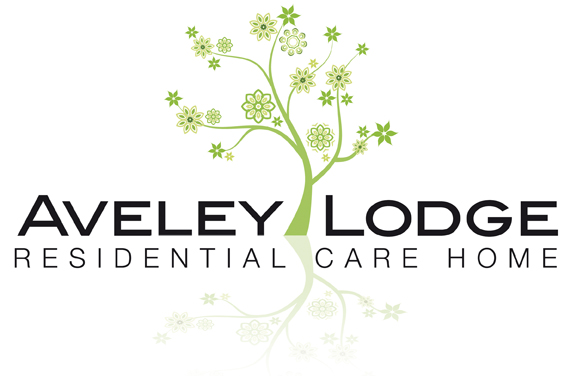Shingles and the elderly
Shingles is a condition triggered by the virus varicella- Zoster, which also causes chicken pox.
For those who have had chickenpox as a child, the virus remains dormant in some nerve cells. When it becomes activated, the result is shingles.
Among older adults, shingles poses some additional dangers, including a higher risk of stroke and other serious health complications.
- The typical symptoms of shingles include a burning or tingling sensation on the skin in one part of the body
- an itchy rash
- fluid-filled blisters
- skin sensitive to the touch
- fever, nausea, and headaches
It can take up to 4 weeks for the rash to heal and the skin can be painful for weeks after the rash has gone, but it usually gets better over time.
All the symptoms are severe in older adults and can lead to other problems, including vision loss, increased risk of a stroke and increased risk of dementia, encephalitis, transverse myelitis, peripheral motor neuropathy, and postherpetic neuralgia (PHN).
The over 70s can have a vaccination against shingles, available free via the NHS.



